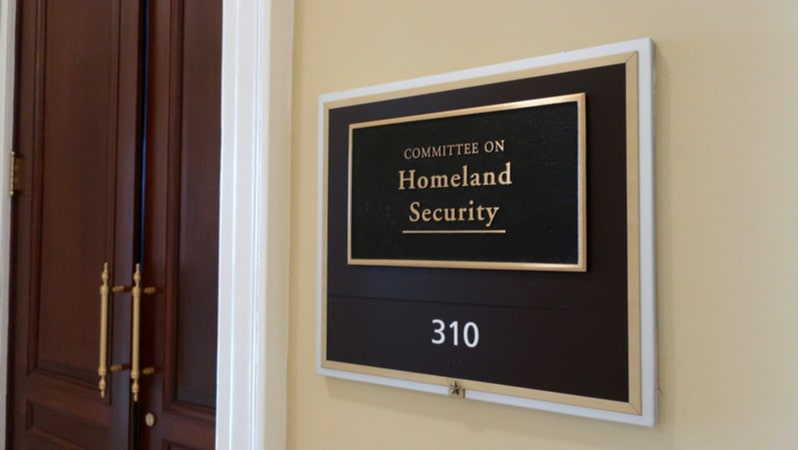
The Senate Homeland Security and Governmental Affairs Committee (HSGAC) approved two pieces of legislation on July 26 that would establish artificial intelligence (AI) leadership within the Federal government, and beef up the Federal cybersecurity workforce.
The panel advanced the AI Leadership to Enable Accountable Deployment Act (AI LEAD Act) to the full Senate with a vote of 10-2, as well as approved the Federal Cybersecurity Workforce Expansion Act with a vote of 10-1.
The bipartisan AI LEAD Act was introduced by HSGAC Chairman Gary Peters, D-Mich., on July 13. It is co-sponsored by Sen. John Cornyn, R-Texas.
Sen. Peters’ legislation calls on each agency to establish a Chief Artificial Intelligence Officer (CAIO) role, which will be required to oversee the promotion and innovation of AI. The head of AI at each agency must also create a strategy for the emerging technology, including how the agency plans to use AI to further its mission and what safety guardrails it has in place.
The bill also calls on the director of the Office of Management and Budget (OMB) to establish a CAIO council within three months. The council will be made up of the CAIOs from each agency, as well as one representative from each agency.
The main duty of the council will be to “promote coordination regarding agency practices relating to the design, acquisition, development, modernization, use, operation, sharing, risk management, and performance of artificial intelligence technologies.”
The law will also require the OMB director to establish an Artificial Intelligence Governance Board within each agency to “coordinate and govern artificial intelligence issues of the agency.”
During the July 26 Senate HSGAC business meeting, Ranking Member Rand Paul, R-Ky., rejected the bill, noting that while “it seems like a good idea on the surface” agencies should not be given new funds to create these positions. Sen. Paul introduced an amendment that would sunset the bill after two years.
The ranking member’s amendment was rejected, and the bill still stands that it will sunset after five years.
The bill will now proceed to the full Senate floor for a vote.
The Senate HSGAC also passed Sens. Maggie Hassan, D-N.H. and John Cornyn, R-Texas, bipartisan Federal Cybersecurity Workforce Expansion Act today, which aims to help strengthen U.S. cyber defenses and bolster the Federal government’s cyber workforce.
Ranking Member Paul provided the only dissenting vote.
The bill was reintroduced on July 12, and calls on the Cybersecurity and Infrastructure Security Agency to establish a cybersecurity registered apprenticeship program as well as a pilot program within the Department of Veterans Affairs to give cybersecurity training to veterans.
“Our national cybersecurity infrastructure is woefully lacking, as evidenced by the SolarWinds breach,” Sen. Hassan said in a statement when she first introduced the bill in 2021. “To bolster our cyber defenses and protect our critical infrastructure, we need to increase the number of cybersecurity professionals in the federal government.”
The Federal Cybersecurity Workforce Expansion Act advanced through the Senate HSGAC last Congress, but never received a full vote on the Senate floor.
